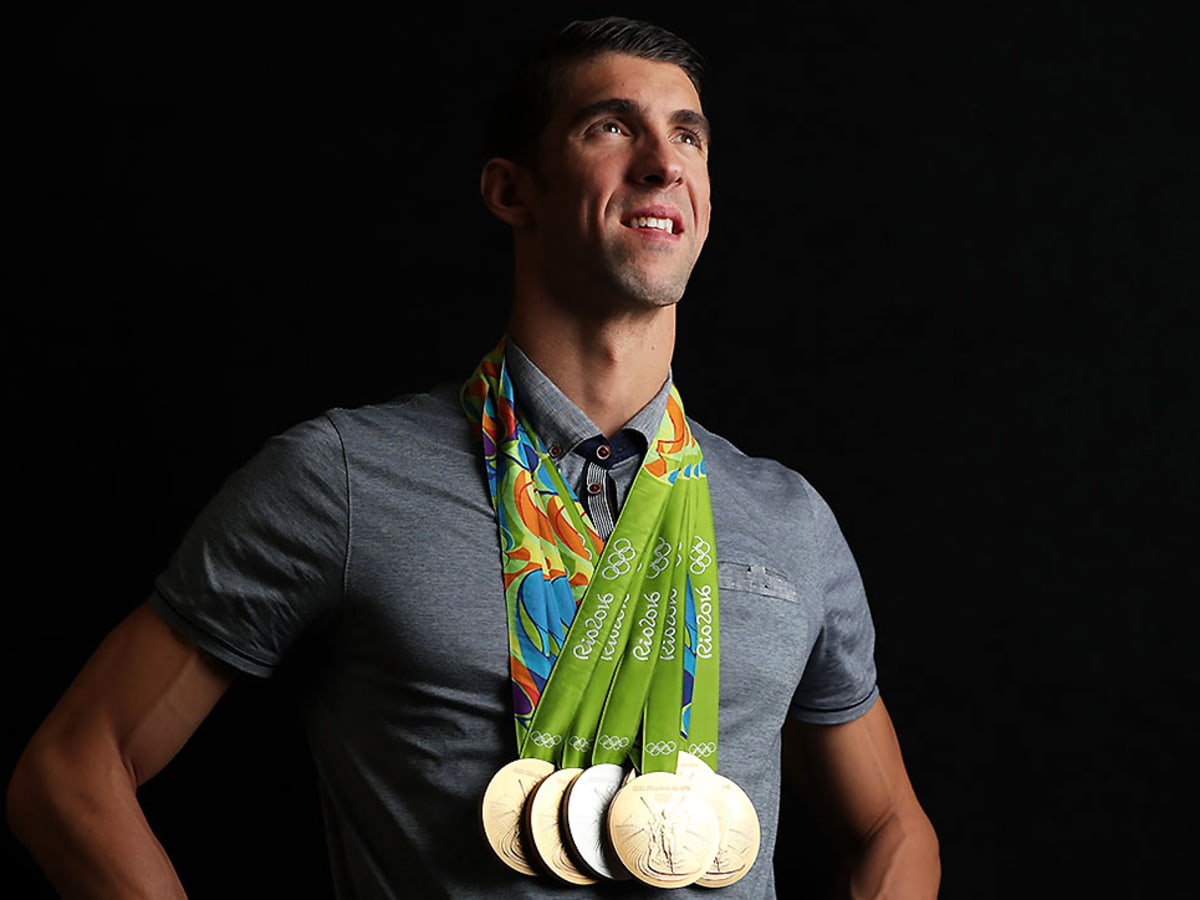Many people around the world are currently following the Olympic Games, supporting their national or favorite players. For each of those athletes, becoming an Olympic champion crowns long years of blood, sweat, and tears. However, is achieving athletic excellence all about commitment to long hours of non-stop exercise? No, it is not.
In addition to hard workout and a set of fine personal traits including a strong sense of self-confidence, motivation, focus, and desire to succeed, one’s genes would also determine their athletic ability. Let me set a non-human, yet a not-so-far-fetched, example: think of racehorse owners who spend millions to breed winners that carry the speed gene, known as myostatin or MSTN gene.
.jpeg) Source: Wikimedia
Source: Wikimedia
Genes have a large effect on some characteristics that would help make a great athlete. Examples include height, length of arms, muscle size and strength, heart size, lung size and volume, resting heart rate, aerobic endurance, flexibility of joints, etc. However, they still have a small effect on other athletic abilities such as movement speed, movement accuracy, and balance.
Now, let us set human example by the miraculous swimmer Michael Phelps, who is the most decorated Olympian of all time. How did Phelps’ genetic physical traits help him win 28 Olympic medals, 23 of which are gold? In simple terms, he enjoys the ideal anthropometrics of a swimmer.
 Source: Si.com
Source: Si.com
First of all, Phelps height—193 cm—gives him enough glide in the water to provide a little extra forward momentum. His exceptionally wide wingspan—201 cm—gives him incredible pulling power in the water; his arms act more like boat paddles. Moreover, his unusually long torso and proportionally short legs Short legs mean decreased resistance in the water, giving him more speed and more precious seconds. Last but not least, his large hands and feet (sized 47) both let him push and pull more water than other swimmers.
Nevertheless, Phelps’ genetic gifts had to be accompanied by tremendous efforts to achieve brilliance. He started his training since he was only 7 years old, and during his Olympic competitions, he swam about 80,000 meters a week.
So, remember that having the “champion” genes is never enough to make you one. They will only provide you with the potential to become one. It is only through hard work, proper diet, training, and self-discipline that you determine how would this potential be expressed.
References
liveabout.com
myswimpro.com
sports-management-degrees.com
sportmedbc.com
theguardian.com